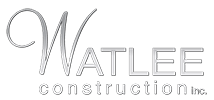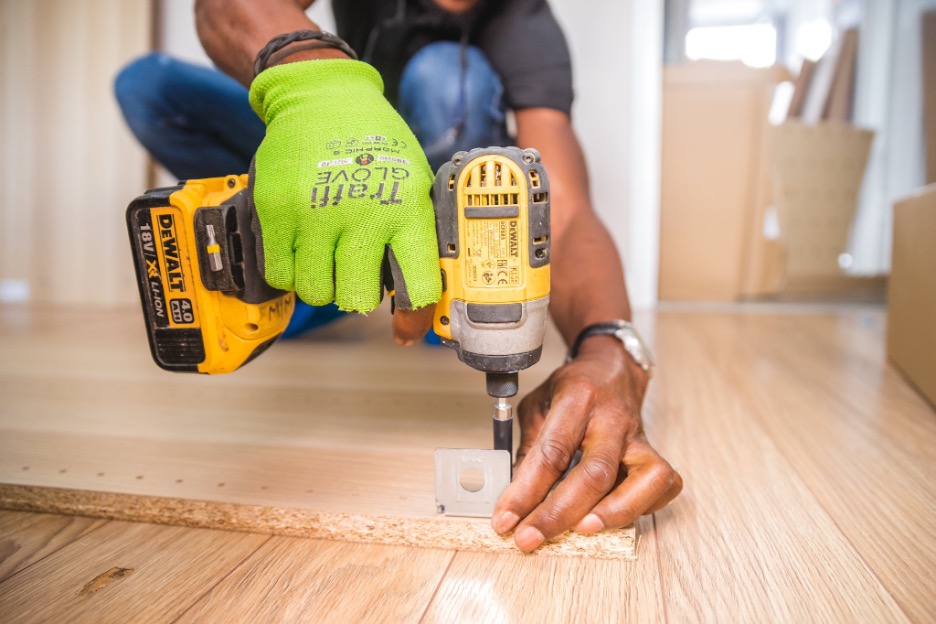Whether you’re considering a home improvement project or a full-scale construction endeavor, you’re often faced with the decision of whether to take on the challenge yourself or call in professional experts. While the DIY approach can be fulfilling and cost-effective for some tasks, there are instances where the expertise of professionals is indispensable. In this blog, we’ll explore the pros and cons of DIY vs. professional construction, helping you make informed decisions on when to tackle projects yourself and when to call in the experts.
The DIY Approach: Pros and Cons
Pros:
- Cost Savings: One of the most appealing aspects of DIY construction is the potential for cost savings. By providing your labor and expertise, you can avoid paying for professional services.
- Personal Satisfaction: Successfully completing a DIY project can be incredibly satisfying. It allows you to take pride in your work and create a sense of accomplishment.
- Flexibility: With DIY, you have the flexibility to work at your own pace and make changes on the fly, allowing for more personalization.
Cons:
- Limited Expertise: DIYers may not have the same level of knowledge and experience as professionals. This can lead to mistakes, delays, and subpar results.
- Safety Risks: Certain construction projects can be hazardous. Without proper training and equipment, DIY efforts can result in accidents or injuries.
- Time-Consuming: DIY projects often take longer to complete, particularly if you’re juggling work, family, and other commitments.
Professional Construction: Pros and Cons
Pros:
- Expertise: Professionals bring a wealth of knowledge and experience to the table. They know the best practices and have access to the latest techniques and materials.
- Efficiency: Professional construction projects tend to be completed faster and more efficiently. This can be particularly important for large-scale or time-sensitive projects.
- Quality Assurance: With professionals, you can expect a higher level of quality and workmanship, reducing the likelihood of costly mistakes.
Cons:
- Higher Costs: Professional services typically come with a higher price tag due to labor and expertise. However, the investment often pays off in the quality of the work.
- Less Personalization: Professionals may follow established standards and designs, which could limit your ability to personalize the project to your exact specifications.
- Coordination and Scheduling: You may need to work around the schedules and availability of professionals, which can result in delays.
When to DIY and When to Call the Experts
- DIY: Consider DIY for small, manageable projects like painting a room, installing shelves, or simple landscaping. If you have some experience, the right tools, and you’re prepared to learn, DIY can be a satisfying option.
- Call the Experts: For complex, specialized, or high-risk projects like structural changes, electrical work, plumbing, or major renovations, it’s usually best to hire professionals. This ensures safety, quality, and compliance with building codes.
- Hybrid Approach: Sometimes, a hybrid approach works well. You can tackle certain aspects of a project while leaving the critical or specialized work to professionals. This can help you save costs without compromising safety and quality.
Conclusion
The decision of whether to go the DIY route or hire professional construction experts depends on the project’s complexity, your experience, and your willingness to invest time and effort. While DIY projects offer a sense of accomplishment and cost savings, professional construction ensures expertise, quality, and safety.
For projects that demand professional expertise, consider contacting Watlee Construction. Their team of experts has a proven track record in delivering high-quality results and can guide you through every step of your construction project, ensuring it meets your expectations and requirements.

